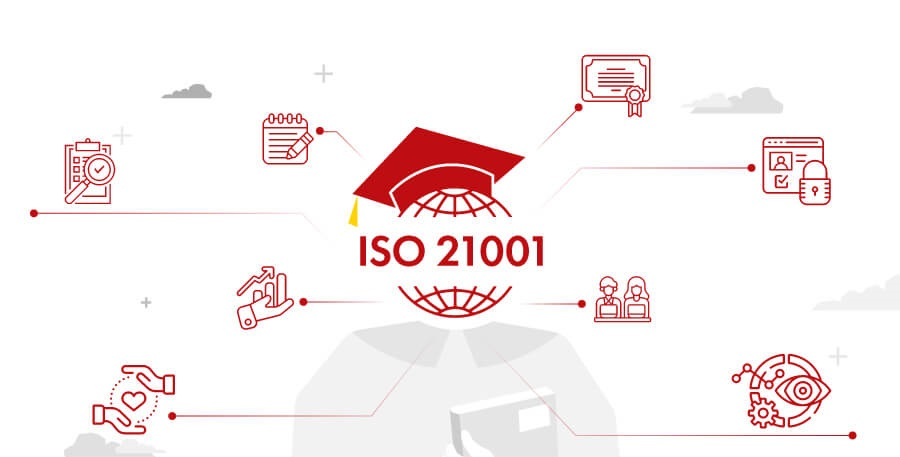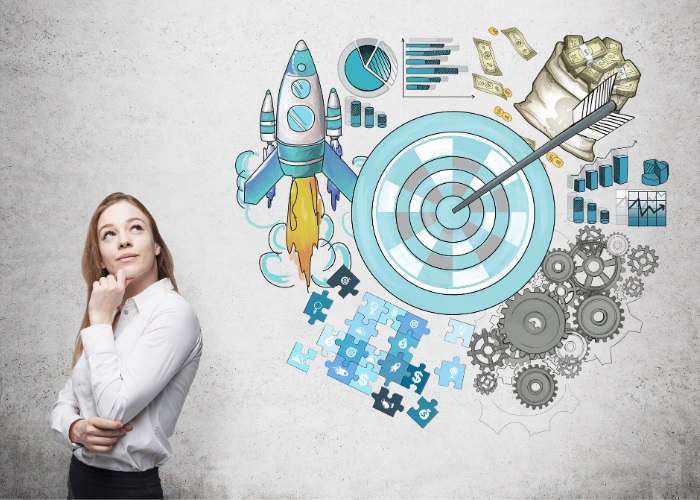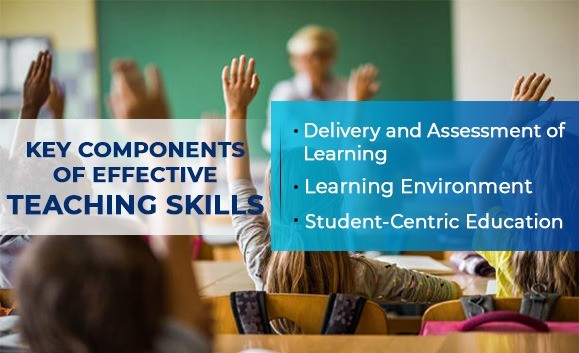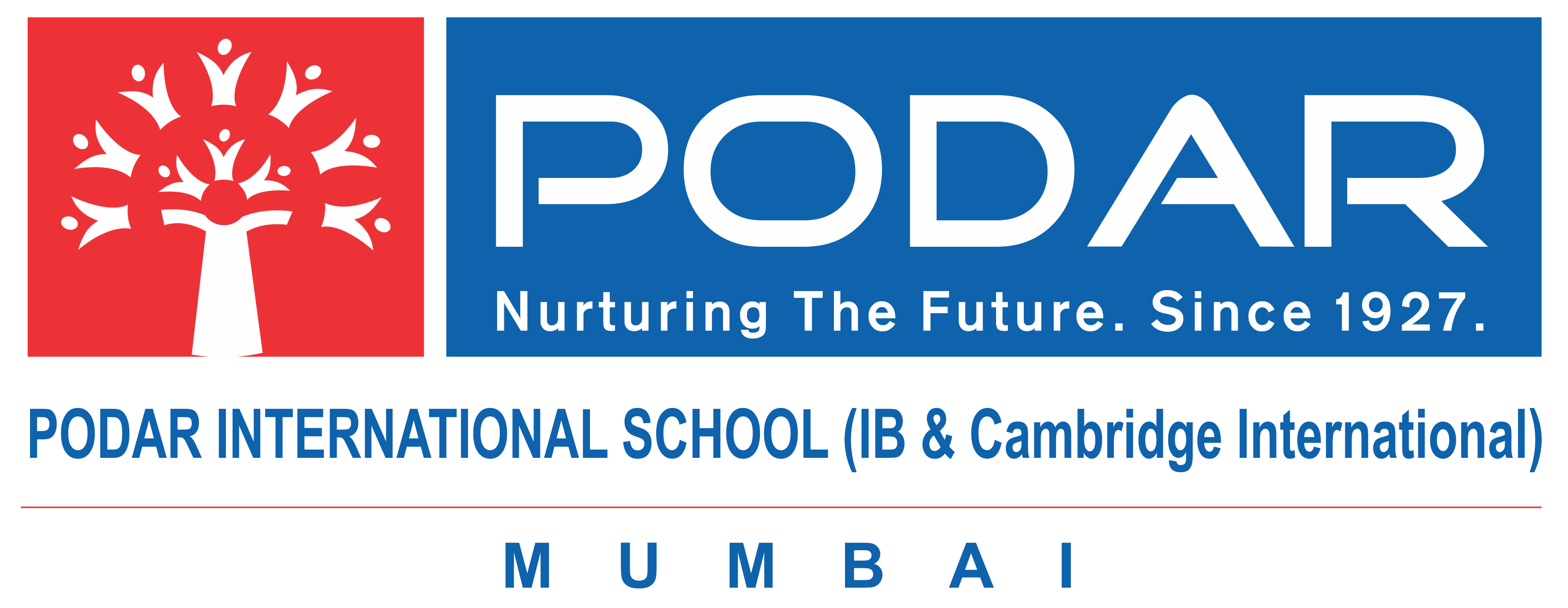ISO 21001 vs Rankings in Higher Education
In the world of Higher Education, the lines often blur between a management system standard and ranking frameworks, as both revolve around assessing and evaluating institutions. However, it's crucial to recognize that they serve distinct purposes and employ differing methodologies.
While ranking frameworks primarily seek to compare institutions based on specific criteria, with a strong emphasis on a few factors such as research output and reputation, EOMS as an ISO standard provides a structured framework to enhance educational quality management, internal accountability, and the continuous improvement of educational processes within institutions.
Let us understand why the two should not be compared. ISO 21001 places its core focus on quality of education and management systems. By adhering to ISO 21001, institutions cultivate a culture of internal accountability. They proactively monitor and enhance their operations, ensuring a commitment to excellence. ISO 21001 does not produce ratings. However, an effective implementation of the standard can surely strengthen the ratings of higher educational institutions.
ISO 21001 promotes Student-Centered Approach to education, encourages institutions to consider the needs and expectations of students and other stakeholders and ensure tailored and effective educational experience.
As an internationally recognized standard developed by the International Organization for Standardization (ISO), EOMS holds global relevance for institutions aiming to operate internationally or collaborate with partners across the globe.
ISO 21001 encourages institutions to remain responsive to evolving educational trends, stakeholder needs, social responsibility ensuring long-term sustainability and relevance and it mandates institutions to ensure compliances, adhere to regulations, solidifying their commitment to ethical and legal standards.
ISO 21001:2018 promotes an inclusive approach by engaging all relevant interested parties, including students, parents, faculty, and staff and it encourages institutions to continuously evaluate their educational processes and make necessary improvements to create enhanced experiences for stakeholders. Institutions can use ISO 21001 to align their educational strategies and objectives with their processes, ensuring consistency between their mission, goals, and practices.
ISO 21001 certification enjoys recognition from various stakeholders, including government bodies, funding agencies, and accrediting bodies. This recognition enhances an institution's credibility and facilitates collaboration with international partners.
If Rankings and Ratings provide valuable insights into an institution's relative position compared to others, ISO 21001 offers a holistic approach to management systems and improvement for educational organizations.










